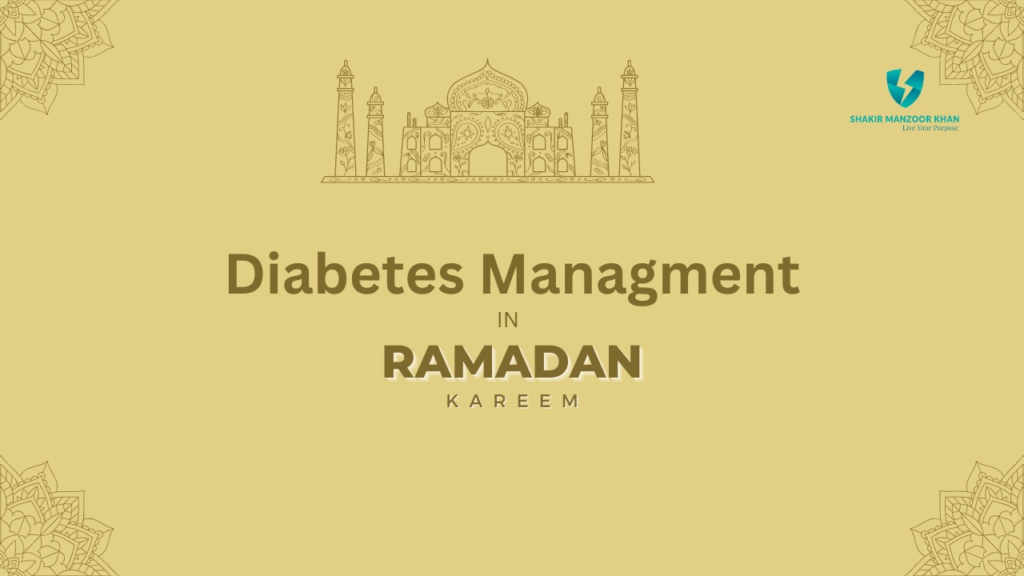Diabetes management during the holy month of Ramadan can be challenging, as Muslims fast from dawn to dusk. However, with careful planning and monitoring, individuals with diabetes can successfully fast during Ramadan while maintaining good blood sugar control. Here are some tips for managing diabetes during Ramadan:
- Consult with a healthcare provider: Individuals with diabetes should consult with their healthcare provider before fasting during Ramadan. A healthcare provider can help determine if fasting is safe and offer guidance on how to manage blood sugar levels during the fast.
- Adjust medication doses: If a person with diabetes decides to fast during Ramadan, medication doses may need to be adjusted. Some medications, such as insulin, may need to be adjusted to account for changes in food and fluid intake.
- Monitor blood sugar levels: Individuals with diabetes should monitor their blood sugar levels more frequently during Ramadan to ensure that their levels remain within a healthy range. Blood sugar levels may need to be checked more frequently than usual, especially during the first few days of fasting.
- Eat healthy meals: During the non-fasting hours, it is important to eat healthy meals that are rich in complex carbohydrates, fiber, and protein. These types of foods can help maintain blood sugar levels and keep a person feeling full for longer periods.
- Stay hydrated: Drinking enough water is important during Ramadan, especially for individuals with diabetes. Drinking plenty of water can help prevent dehydration, which can lead to high blood sugar levels.
- Exercise: Exercise can help maintain healthy blood sugar levels and should be incorporated into daily routines during Ramadan. However, it is important to avoid intense exercise during fasting hours to prevent dehydration and low blood sugar levels.
- Be prepared: Individuals with diabetes should always carry snacks and medication with them during Ramadan. This can help prevent low blood sugar levels and ensure that medication is available if needed.
Overall, with proper planning and monitoring, individuals with diabetes can successfully fast during Ramadan while maintaining good blood sugar control. It is important to consult with a healthcare provider before fasting and to monitor blood sugar levels frequently during the fast.




